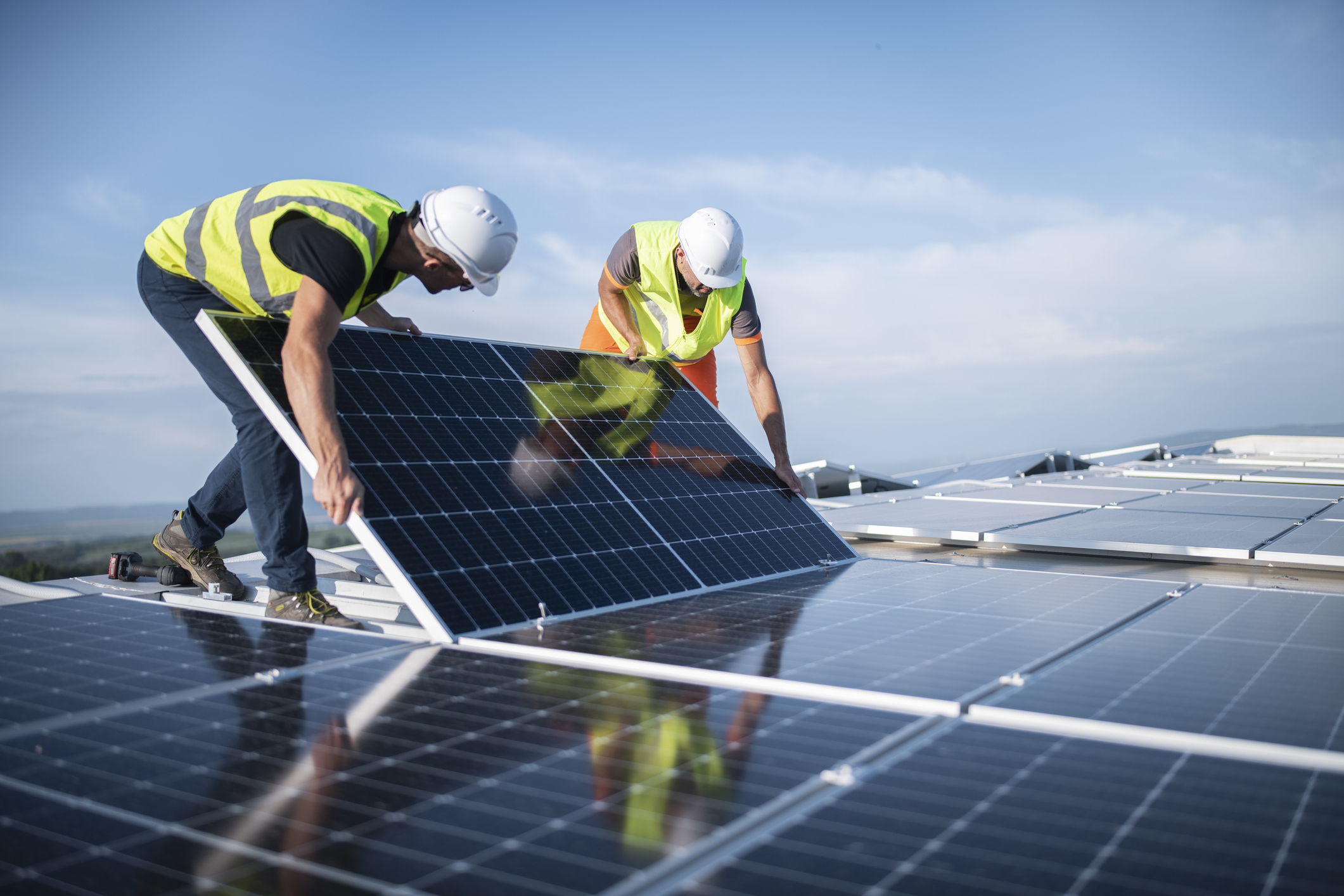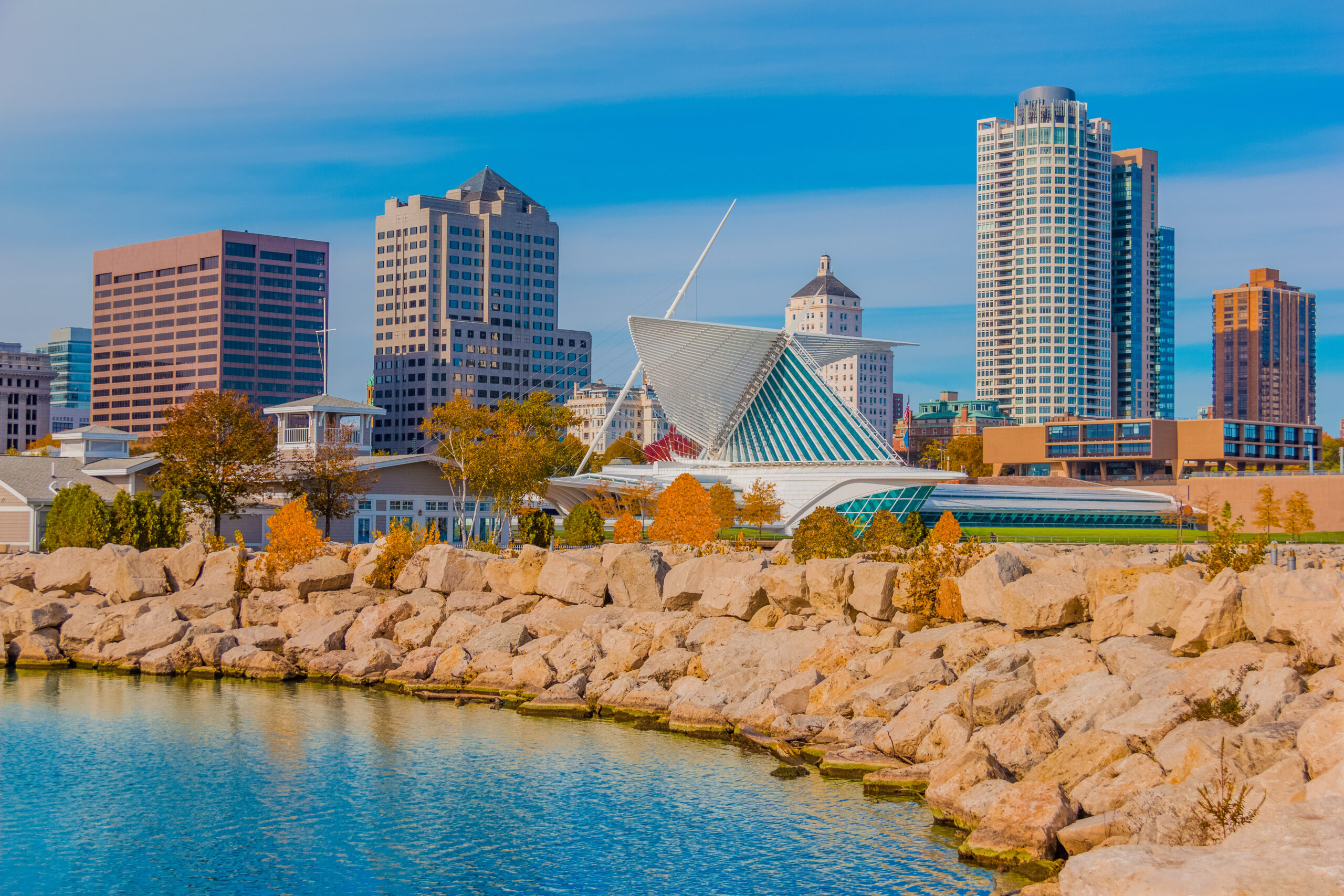In this series, we explore how cities across the nation, in collaboration with FUSE, are using environmental justice as a framework to address the most pressing issues in their communities.
Local, state, and federal governments are all prioritizing addressing the climate crisis, setting ambitious targets to mitigate and even reverse the effects brought on by climate change. In designing these strategies and goals, an increasing number of local governments are employing environmental justice as the framework to preserve the climate and the environment while equitably supporting the communities they serve.
What is environmental justice, and how does it connect to the climate crisis?
Environmental justice is the fair treatment and meaningful involvement of all people, regardless of race, color, national origin, or income, with respect to the development, implementation, and enforcement of environmental laws, regulations, and policies (source, U.S, Environmental Protection Agency). Historically, communities of color have been hit the hardest by the effects of the climate crisis and environmental injustice. They are disproportionately affected by air pollution, and about 56% of the population living in neighborhoods with Toxic Release Inventory (TRI) facilities are people of color. The water crisis in Flint, Michigan, and Jackson, Mississippi, are just two examples of predominantly Black communities still experiencing the health consequences of high lead levels found in their water supplies.
The Importance of Funding for Climate Action and Environmental Justice Initiatives
Climate work requires significant resources, including research, technology, infrastructure development, community engagement, and education. Additionally, funding can help support marginalized communities that are disproportionately affected by climate change.
Local governments increasingly recognize the urgent need to address climate change and are finding innovative ways to fund climate justice work. Many prioritize climate justice in their budgets and allocate resources to specific programs and initiatives. For example, some cities have established dedicated climate funds or established green banks to finance renewable energy and energy efficiency projects. On the federal level, the Biden-Harris Administration is addressing environmental justice through funding in the Inflation Reduction Act and Bipartisan Infrastructure Law.
Philanthropic foundations are increasingly supporting climate justice work in the government by funding initiatives and programs that focus on promoting equity and resilience in the face of climate change. These foundations provide resources and support to help local governments address the disproportionate impact of climate change on vulnerable and marginalized communities. The Waverley Street Foundation is currently helping local governments nationwide fast-track environmental justice initiatives by subsidizing the opportunity to partner with FUSE.
The FUSE Executive Fellowship Program Empowers Local Leaders to Advance Climate Justice
The FUSE Executive Fellowship program advances climate justice by supporting leaders in creating and implementing strategies that address climate change and its impacts, particularly on vulnerable and marginalized communities.
The program provides fellows with opportunities to work on innovative projects that can improve the resilience of communities, reduce greenhouse gas emissions, and increase access to clean energy and sustainable transportation. Fellows work closely with local governments, non-profit organizations, and other stakeholders to design and implement these projects.
Through this work, FUSE Executive Fellows can help promote climate justice by prioritizing the needs of frontline communities, such as those most affected by air pollution, extreme weather events, and other climate-related impacts. They can also help ensure that these communities have a seat at the table in decision-making processes related to climate action.
Last year, FUSE partnered with 11 cities and counties on 13 climate-based projects, from Developing Equity-Centered Policies to Reduce Harmful Greenhouse Gas Emissions in Kansas City, Missouri, to Replacing Fossil Fuels In Buildings With Electric Alternatives in Los Angeles, California. This year, FUSE plans to continue increasing our impact in the climate space — nearly half of our projects for our upcoming spring 2023 cohort will be climate-focused.
Overall, the FUSE Executive Fellowship program provides a unique opportunity for leaders to advance climate justice by working on the ground to create meaningful change and build more resilient communities for the future.
Empowering Communities: New Orleans Builds Resilience Through Community-Based Power Supplies
The City of New Orleans and FUSE partnered in 2022 to bring Ruda Pollard on as an Executive Fellow, where he supported the implementation of a pilot of microgrids and community resilience nodes in areas of the city with many infrastructure services. Read more >>
Los Angeles’ Green New Deal Paves the Way for Inclusive Community Engagement and a Thriving Green Workforce
Robert Zardeneta currently serves as a green workforce analyst in the City of Los Angeles Mayor’s Office of Energy and Sustainability. His work builds upon his previous role as a FUSE Executive Fellow, during which he played a pivotal part in launching the LA County-City Just Transition Task Force. Read more >>
Preserving Legacies and Empowering Communities: Reimagining Sustainable Burial Options for Durham’s Historic Beechwood Cemetery
The City of Durham is reimagining land use in its only historically Black public cemetery, Beechwood. FUSE Executive Fellow Erica Xavier-Beauvoir is supporting Beechwood’s enriching legacy while keeping Black families dignified. Read more >>
Creating a Path to a Greener, More Equitable Future for Milwaukee
Milwaukee has approved a Climate and Equity Plan that aims to address the impact of climate change while tackling racial disparities. The plan was developed over three years with public input through the City-County Task Force on Climate and Economic Equity. FUSE Executive Fellow Deneine Powell was brought in to help finalize the comprehensive draft. Read more >>



